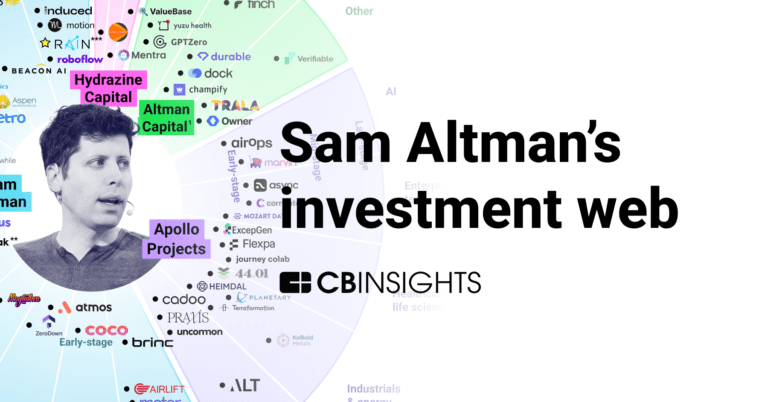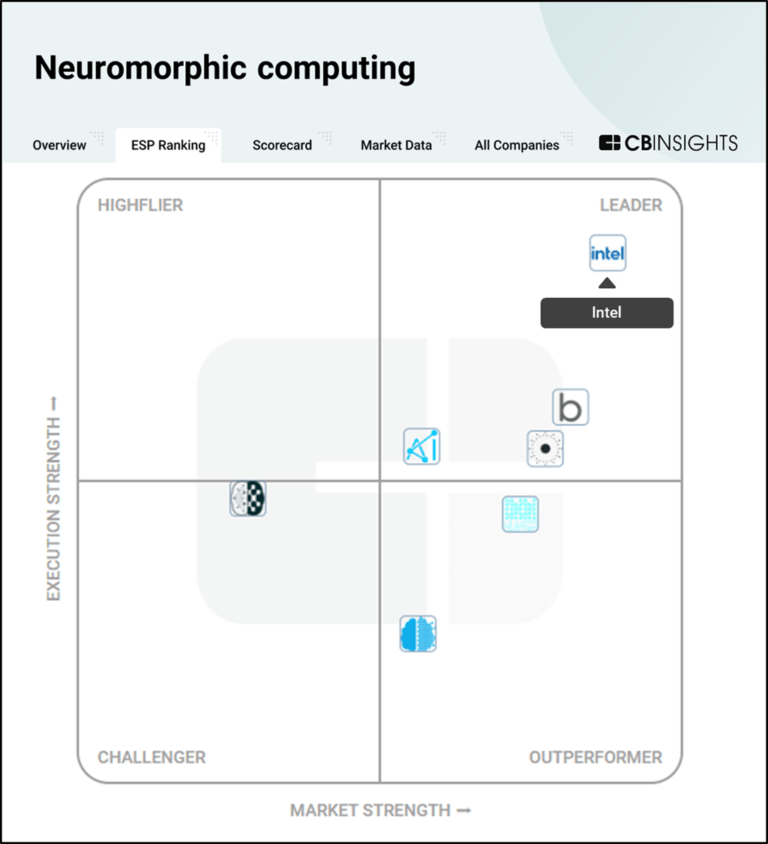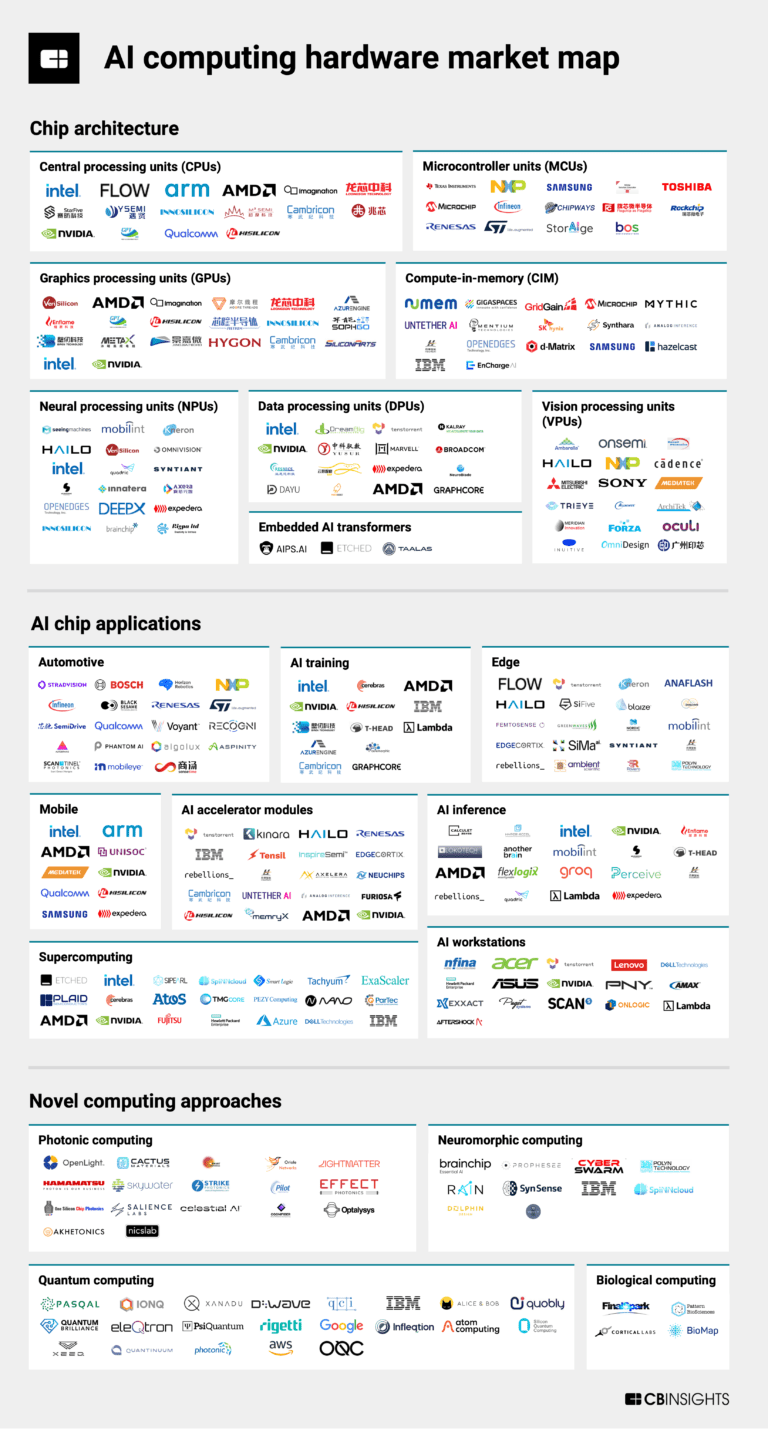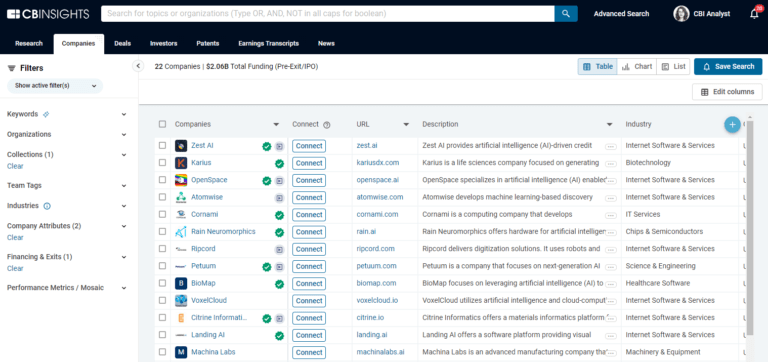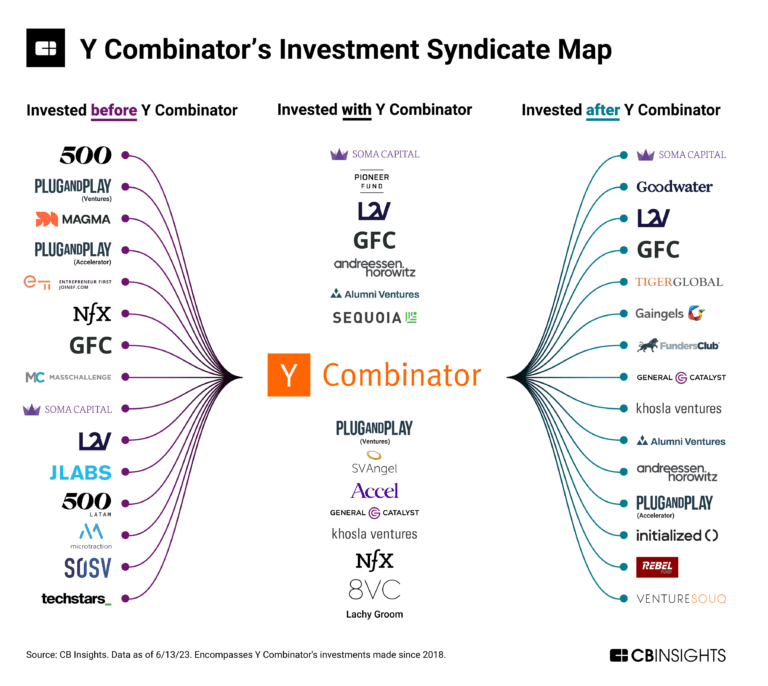
Rain AI
Founded Year
2017Stage
Bridge | AliveTotal Raised
$146.22MLast Raised
$3M | 4 mos agoMosaic Score The Mosaic Score is an algorithm that measures the overall financial health and market potential of private companies.
-20 points in the past 30 days
About Rain AI
Rain AI develops hardware for the artificial intelligence sector. The company focuses on creating computing solutions that aim to improve upon existing technologies by optimizing various layers of the AI stack, including circuitry and algorithms. It was founded in 2017 and is based in Redwood City, California.
Loading...
Rain AI's Product Videos
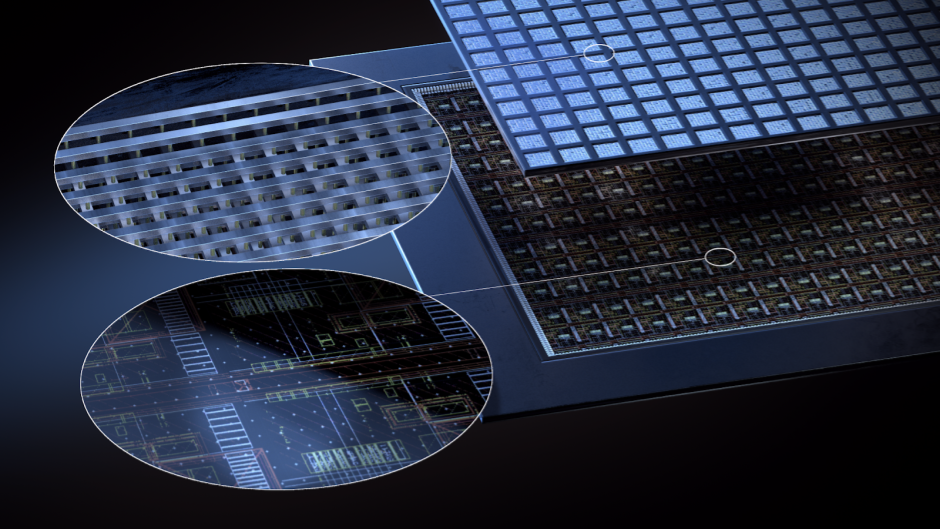

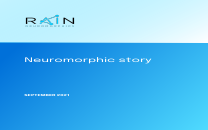
ESPs containing Rain AI
The ESP matrix leverages data and analyst insight to identify and rank leading companies in a given technology landscape.
The compute-in-memory (CIM) market (also called processor-in-memor, in-compute memory, or computational memory) combines data storage and computational processing within the same memory unit. Instead of the traditional model where data is transferred between separate processing and storage units, CIM performs computations where the data is stored. These solutions significantly reduce data movement…
Rain AI named as Challenger among 15 other companies, including IBM, Cerebras, and SK hynix.
Rain AI's Products & Differentiators
NPU
Rain manufactures brain-inspired hardware for artificial intelligence called the Neuromorphic Processing Unit™ (NPU). The NPU™ reduces associated costs with using AI by more than 10,000x. Furthermore, due to its exceptional scaling capabilities, the NPU™ will eventually make artificial intelligence indiscernible from the highest level of human intelligence today. Such a step-change has downstream effects that impact virtually every market, including logistics, energy, retail, and manufacturing.
Loading...
Research containing Rain AI
Get data-driven expert analysis from the CB Insights Intelligence Unit.
CB Insights Intelligence Analysts have mentioned Rain AI in 5 CB Insights research briefs, most recently on Apr 7, 2025.
Expert Collections containing Rain AI
Expert Collections are analyst-curated lists that highlight the companies you need to know in the most important technology spaces.
Rain AI is included in 2 Expert Collections, including Semiconductors, Chips, and Advanced Electronics.
Semiconductors, Chips, and Advanced Electronics
7,433 items
Companies in the semiconductors & HPC space, including integrated device manufacturers (IDMs), fabless firms, semiconductor production equipment manufacturers, electronic design automation (EDA), advanced semiconductor material companies, and more
Artificial Intelligence
10,402 items
Rain AI Patents
Rain AI has filed 19 patents.
The 3 most popular patent topics include:
- artificial neural networks
- machine learning
- artificial intelligence

Application Date | Grant Date | Title | Related Topics | Status |
|---|---|---|---|---|
3/30/2021 | 2/11/2025 | Analog circuits, Electronic circuits, Computer memory, Sensors, Network layer protocols | Grant |
Application Date | 3/30/2021 |
|---|---|
Grant Date | 2/11/2025 |
Title | |
Related Topics | Analog circuits, Electronic circuits, Computer memory, Sensors, Network layer protocols |
Status | Grant |
Latest Rain AI News
Jun 19, 2025
Startup failure is not a rarity. In fact, it could be considered the norm, research suggests that between 50% and 60% of UK startups fail within three years, while other data suggests that fewer than 10% of startups can expect to celebrate ten years in business. While no founder sets out expecting failure, the harsh truth is that for many, their ambitions will go unrealised. Whether it’s because they couldn’t get the funding they needed, develop products quickly enough, or just fell victim to changes in the markets, startup failure is part of startup life. Transport startups that crashed Canoo, the electric vehicle manufacturer, was among the year’s first failures. The Californian startup planned to manufacture vehicles for fleets and ride-sharing, but its plans never came to fruition. Despite raising over $1 billion, having a multi-billion dollar valuation, and a partnership with established vehicle manufacturer Hyundai, a disappointing earnings projection in 2024 marked the beginning of the end. Despite announcing layoffs, the company filed for bankruptcy in January. While their Lilium Jet was innovative, a five-seat jet capable of vertical takeoff and landing, the company struggled to attain satisfactory performance and the necessary regulatory approvals for flight. After struggling for years, it declared insolvency after failing to raise the investment needed to continue. Pushing the limits of AI hype The AI trend is inescapable, and there are few products that aren’t seeing AI added, even where the benefits seem marginal. Builder.ai was not, it turned out, actually an AI company, but there is some suggestion that its financial failure was because there just wasn’t enough demand for AI-powered coding. They are not the only ones to discover that there is a limit to how much the AI hype can support. Rain AI promised to build the ‘platform that will power the future of AI’. Like other startups, it seemed well qualified to deliver on that. AI needs a huge amount of processing power, making hardware a limiting factor in the development of new models. The need for chips helped Rain AI win high-profile clients, with OpenAI signing a deal to purchase chips from them, and CEO Sam Altman investing personally while also helping them to raise investment. However, difficulties in prototyping and fabrication dampened investor enthusiasm, and changes in leadership failed to turn around performance. The company is limping on, but using bridging finance to maintain operations while it looks for a buyer, touting the value of their technology — not its chip-making potential — as its main asset. Healthtechs and agtechs that went hungry All startups seek to solve a problem, some sectors, like healthtech and agtech , tackle problems that can affect us all. But even that is no protection against failure. Spotlight Therapeutics was a healthtech at the cutting edge. A spinout from UC Berkeley and UCSF, it was developing ways to deliver CRISPR-based gene-editing therapies to patients. Had they been successful, the potential was huge. Funded by Google, they focused on ophthalmology, an area they determined had significant unmet need. The funding covered their research, but their initial results were underwhelming, resulting in the startup shutting down. Plenty Unlimited, however, showed that failure need not be final. The agtech company focused on indoor vertical farming, promising increased yields and pesticide-free products. With the world’s population is growing, and the area of farmable land is shrinking, it made the startup an attractive investment. Backers included Amazon’s Jeff Bezos and retail giant Walmart. By 2022, their last funding round, Plenty had raised $951 million. However, high energy costs and difficulties in scaling proved too much. But that is not the end of the story. Despite filing for bankruptcy this year, Plenty has managed to restructure and is now focusing on producing strawberries. While perhaps not the first produce people will think of when it comes to tackling world hunger, it illustrates that when it comes to startup failure, there can still be some green shoots of hope. A year like any other Although 2025 has seen some high-profile failures, it is by no means unusual. High failure rates are part and parcel of innovation. These failures provide lessons that other startups may want to learn. Whether it’s actually having the product you describe (Builder.ai), correctly assessing the regulatory hurdles (Lilium), or just making sure you can deliver on your vision (Rain AI and others), new startups can learn from the mistakes of others. One thing is certain: although we will see smarter and leaner startups emerging, there will never be a shortage of challenges to make life difficult for them.
Rain AI Frequently Asked Questions (FAQ)
When was Rain AI founded?
Rain AI was founded in 2017.
Where is Rain AI's headquarters?
Rain AI's headquarters is located at 1747 Broadway Street, Redwood City.
What is Rain AI's latest funding round?
Rain AI's latest funding round is Bridge.
How much did Rain AI raise?
Rain AI raised a total of $146.22M.
Who are the investors of Rain AI?
Investors of Rain AI include EPIC Ventures, Prosperity7 Ventures, Grep VC, FOG Ventures, OurCrowd and 31 more.
Who are Rain AI's competitors?
Competitors of Rain AI include Lightmatter and 4 more.
What products does Rain AI offer?
Rain AI's products include NPU.
Who are Rain AI's customers?
Customers of Rain AI include OpenAI.
Loading...
Compare Rain AI to Competitors

Groq specializes operates as an AI inference technology within the semiconductor and cloud computing sectors. The company provides computation services for AI models, ensuring compatibility and efficiency for various applications. Groq's products are designed for both cloud and on-premises AI solutions. It was founded in 2016 and is based in Mountain View, California.

Tenstorrent is a computing company specializing in hardware focused on artificial intelligence (AI) within the technology sector. The company offers computing systems for the development and testing of AI models, including desktop workstations and rack-mounted servers powered by its Wormhole processors. Tenstorrent also provides an open-source software platform, TT-Metalium, for customers to customize and run AI models. It was founded in 2016 and is based in Toronto, Canada.

Xanadu provides a quantum photonic platform. Its platform uses artificial intelligence (AI) to integrate quantum silicon photonic chips into existing hardware to build a full-stack quantum computer. It enables clients to receive a quantum technology-based computing facility using a photonic cluster state technology and easily solve business problems. The company was founded in 2016 and is based in Toronto, Canada.

Infleqtion is involved in quantum information technology across various sectors. It provides quantum-enabled products and AI-powered solutions that improve navigation, communication security, energy distribution, and computing. Its solutions serve commercial organizations and government entities. It was founded in 2007 and is based in Louisville, Colorado.

Oxford Quantum Circuits provides quantum computing solutions within the technology sector. It offers quantum capabilities, including access to quantum computers via cloud services, digital infrastructure, and system design. It serves sectors such as financial services, automotive & logistics, energy & climate, health & life sciences, and national security & defence. It was founded in 2017 and is based in Reading, United Kingdom.
Qedma develops software for the quantum computing industry. The company provides options for quantum error suppression and mitigation, along with characterization software for multi-qubit systems, which aim to support quantum computations. Its products are intended to work with existing quantum hardware across various platforms, targeting quantum hardware developers. It was founded in 2020 and is based in Tel Aviv, Israel.
Loading...

